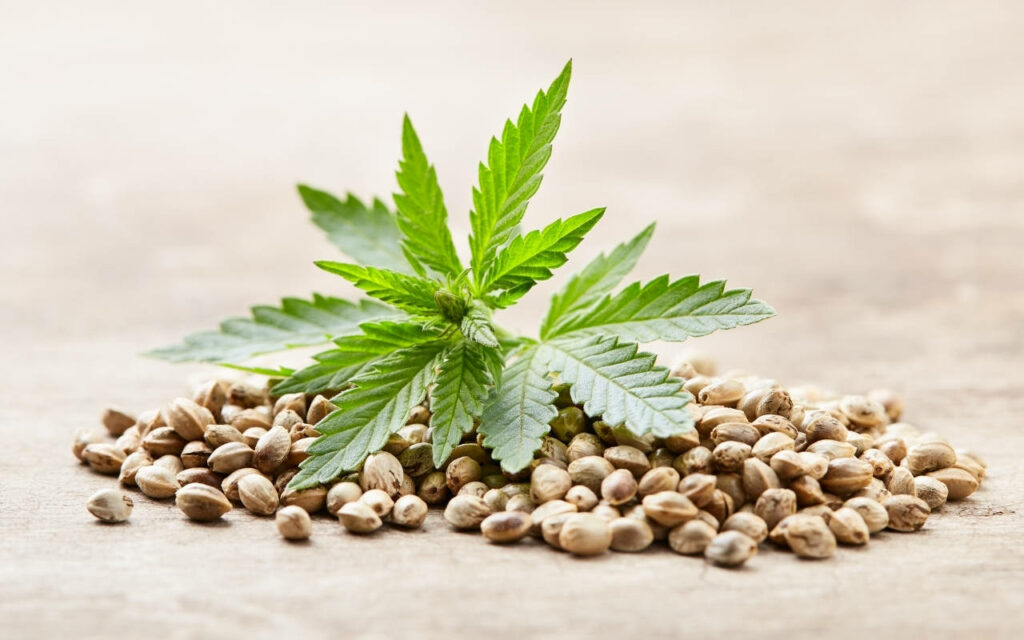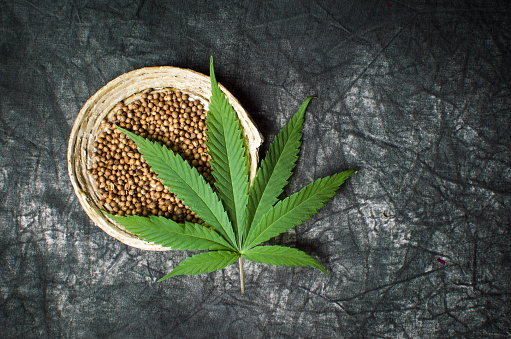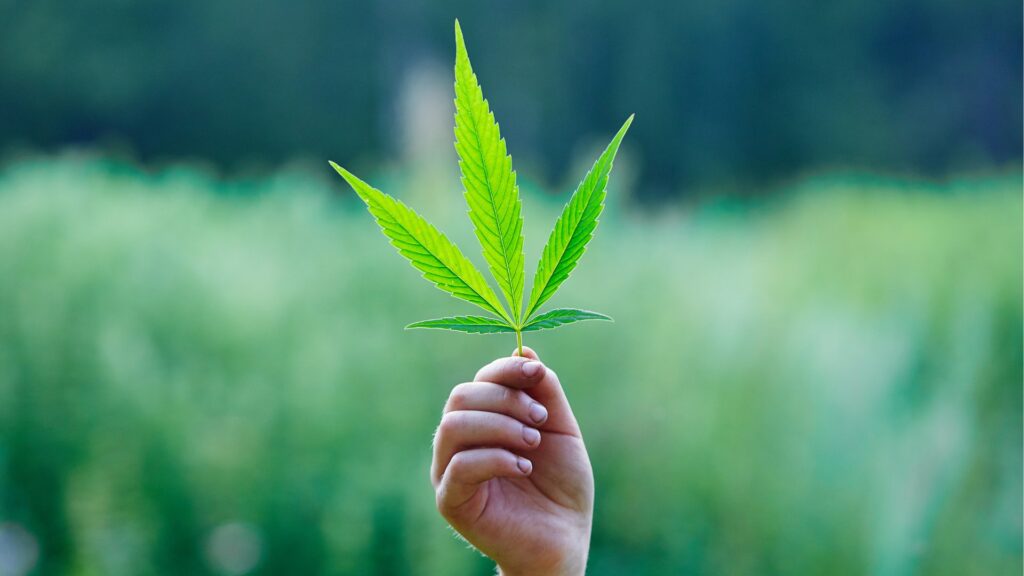Cannabis cultivation has come a long way from its clandestine origins, evolving into a legitimate and burgeoning industry. As the global awareness of environmental sustainability grows, so does the need for eco-friendly practices within the cannabis cultivation sector. In this blog post, we will explore the significance of sustainability in cannabis farming, focusing on eco-friendly growing practices that contribute to a greener and more responsible future for the industry.

ALSO READ – The Mystical and Neurological: Unraveling the Effects of Magic Mushrooms
The Environmental Impact of Traditional Cannabis Cultivation
Before delving into sustainable practices, it’s essential to understand the environmental impact of conventional cannabis cultivation methods. Large-scale operations often rely heavily on synthetic fertilizers, pesticides, and energy-intensive indoor setups, leading to a substantial carbon footprint. Additionally, improper waste disposal can contribute to pollution and harm local ecosystems.
Organic Cultivation and Soil Health
One of the fundamental principles of sustainable cannabis cultivation is embracing organic practices. Utilizing organic fertilizers, compost, and soil amendments not only enhances the quality of the final product but also promotes soil health. Healthy soil acts as a natural buffer against pests and diseases, reducing the reliance on synthetic chemicals. This shift towards organic cultivation minimizes environmental contamination and supports a more robust and biodiverse ecosystem.
Water Conservation in Cannabis Farming
Water scarcity is a growing concern globally, making efficient water use a crucial aspect of sustainable cannabis cultivation. Implementing drip irrigation systems, rainwater harvesting, and water recycling methods can significantly reduce water consumption. Choosing drought-resistant cannabis strains and optimizing watering schedules based on plant needs contribute to both environmental conservation and economic efficiency for cultivators.
Energy-Efficient Indoor Cultivation
Indoor cultivation has become a popular method for cannabis production, especially in regions with strict regulations. However, the high energy demands of indoor grow lights and environmental control systems can strain local power grids and increase carbon emissions. Sustainable alternatives, such as energy-efficient LED lights, solar power integration, and advanced ventilation systems, help mitigate the environmental impact of indoor cultivation.
Regenerative Agriculture Practices
Regenerative agriculture goes beyond sustainable practices, emphasizing the restoration and enhancement of the natural environment. Applying regenerative principles to cannabis farming involves rotating crops, cover cropping, and minimal tillage. These practices build soil organic matter, sequester carbon, and enhance overall ecosystem health. Cultivators adopting regenerative methods contribute not only to their own long-term success but also to the regeneration of the planet.
Integrated Pest Management (IPM)
Traditional pest control methods often rely on chemical pesticides that can harm beneficial insects and disrupt local ecosystems. Integrated Pest Management (IPM) is a holistic approach that combines biological controls, beneficial insects, and cultural practices to manage pests. By implementing IPM, cannabis cultivators can minimize the use of harmful chemicals, preserve biodiversity, and maintain a natural balance within their cultivation environments.
Biodiversity Conservation on Cannabis Farms
Encouraging biodiversity on cannabis farms is a key component of sustainable cultivation. Planting companion crops, establishing wildlife corridors, and preserving natural habitats within cultivation areas foster a healthier ecosystem. Biodiverse farms are more resilient to pests and diseases, reducing the need for synthetic interventions. Additionally, maintaining biodiversity contributes to the overall health of the surrounding environment.
Waste Reduction and Responsible Disposal
Cannabis cultivation generates various types of waste, including plant material, packaging, and unused or expired inputs. Implementing effective waste reduction strategies, such as composting plant material and adopting eco-friendly packaging, minimizes the environmental impact. Responsible disposal of waste ensures that cannabis cultivation remains a responsible and sustainable industry.

Community Engagement and Social Responsibility
Sustainability in cannabis cultivation goes beyond environmental practices; it also involves social responsibility. Engaging with local communities, supporting fair labor practices, and contributing to social programs strengthen the industry’s relationship with society. Cultivators can play a vital role in creating positive social impacts and fostering a more inclusive and responsible cannabis community.
Certification Programs and Standards
To further promote and recognize sustainable practices in cannabis cultivation, various certification programs and standards have emerged. Certifications such as “Clean Green Certified” and “Sun+Earth Certified” validate eco-friendly cultivation methods. These certifications not only guide consumers toward environmentally conscious choices but also incentivize cultivators to adopt sustainable practices.
Conclusion
As the cannabis industry continues to expand, the importance of sustainability cannot be overstated. By embracing eco-friendly growing practices, cultivators can minimize their environmental footprint, promote biodiversity, and contribute to a more sustainable future. From organic cultivation methods to regenerative agriculture practices, each step towards sustainability not only benefits the environment but also enhances the quality and reputation of the cannabis industry as a whole. As consumers become more conscious of their choices, supporting sustainable cannabis cultivation becomes a powerful way to shape the future of the industry and the planet.

